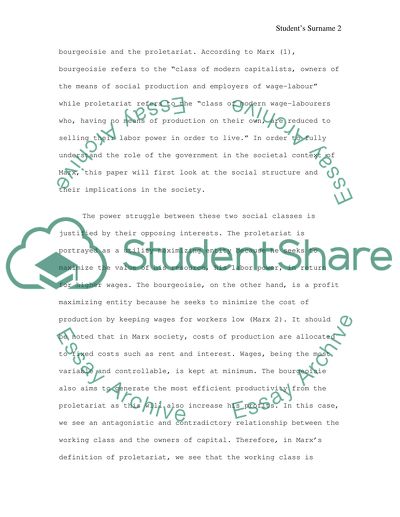Cite this document
(The Role of the State in the Marxist Point of View Term Paper, n.d.)
The Role of the State in the Marxist Point of View Term Paper. https://studentshare.org/history/1522049-the-role-of-the-state-in-the-marxist-point-of-view
The Role of the State in the Marxist Point of View Term Paper. https://studentshare.org/history/1522049-the-role-of-the-state-in-the-marxist-point-of-view
(The Role of the State in the Marxist Point of View Term Paper)
The Role of the State in the Marxist Point of View Term Paper. https://studentshare.org/history/1522049-the-role-of-the-state-in-the-marxist-point-of-view.
The Role of the State in the Marxist Point of View Term Paper. https://studentshare.org/history/1522049-the-role-of-the-state-in-the-marxist-point-of-view.
“The Role of the State in the Marxist Point of View Term Paper”. https://studentshare.org/history/1522049-the-role-of-the-state-in-the-marxist-point-of-view.


